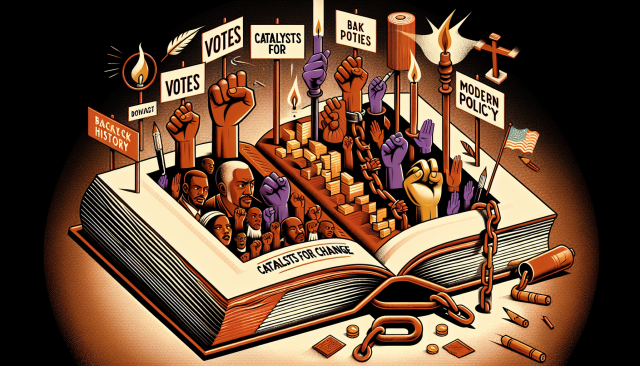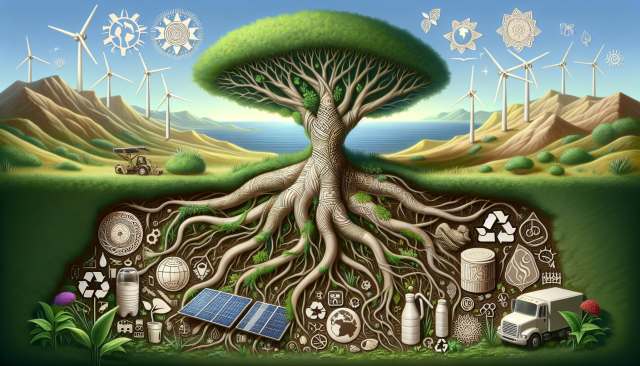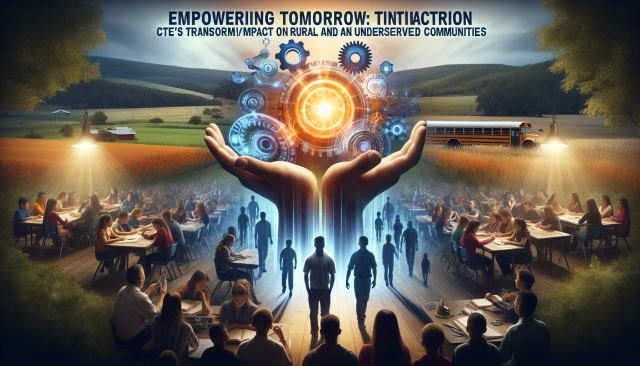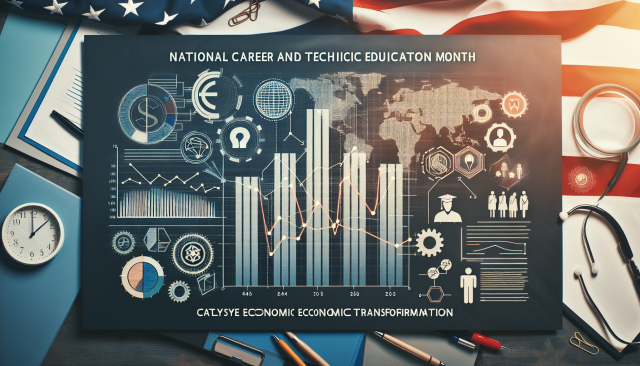Catalysts for Change: Black History's Influence on Modern Policy
Catalysts for Change: Black History’s Influence on Modern Policy
Black History Month stands as a pillar of recognition and reflectiona moment to honor the struggles and triumphs of African Americans throughout history. As we commemorate this month, it is essential for those in the nonprofit sector to explore the profound connections between Black history and contemporary political policies, all within the empowering framework of a growth mindset.
A growth mindset, a concept popularized by psychologist Carol Dweck, encourages individuals and organizations to view challenges as opportunities for learning and development. For nonprofits, this mindset can be a game-changer, fostering resilience and adaptability in efforts to address social injustices. By understanding the historical contexts that shape current policies, nonprofit professionals can better advocate for systemic change and innovation.
Historical Roots of Policy Change
The legacy of Black history is an intrinsic part of America’s political landscape. Landmark achievements, such as the Civil Rights Act of 1964 and the Voting Rights Act of 1965, are direct responses to the relentless activism and courage of Black leaders and communities. These policies, while monumental, are not merely historical footnotes but active frameworks impacting today’s advocacy efforts.
Consider the struggles against voter suppression, which echoes the ongoing significance of the Voting Rights Act. Nonprofit professionals engaged in voter advocacy can draw lessons from the past to fuel contemporary battles for electoral justice, ensuring the protections secured decades ago remain robust and relevant.
Education: A Continuous Revolution
Black history also illuminates the path toward educational equity, a cause deeply embedded within the missions of countless nonprofits. The tireless fight for access to quality education, from desegregation efforts to affirmative action policies, underscores the importance of equal educational opportunities as a vital component of social progress.
Today, nonprofit organizations continue to challenge inequities within the education system. By learning from historical movements and adopting a growth mindset, these organizations can pursue innovative strategies that dismantle barriers and promote inclusive educational practices.
Economic Empowerment: Building Blocks of Equality
Economic empowerment remains a critical yet complex issue within both Black history and current policy discussions. From the early days of the Freedmen’s Bureau to contemporary initiatives supporting Black-owned businesses, economic self-sufficiency has been both a challenge and a triumph for Black communities.
Nonprofit professionals dedicated to economic justice can draw inspiration from these historical efforts. By acknowledging past progress and setbacks, they can cultivate new pathways to economic equity, ensuring policies foster sustainable growth for marginalized communities.
Conclusion: Embracing Change with a Growth Mindset
As we celebrate Black History Month, let us recognize that Black history is not merely a chronicle of the past but a continuous force shaping our present and future. For the nonprofit sector, understanding this history through a lens of growth can unlock transformative potential, driving policy changes that resonate with justice and equity.
By embracing Black history as a catalyst for change, nonprofits can build upon the dreams and struggles of the past, forging policies that reflect a deeper commitment to equality and human rights. This month, and every month, may we all strive to be active participants in crafting a more inclusive and equitable society.































